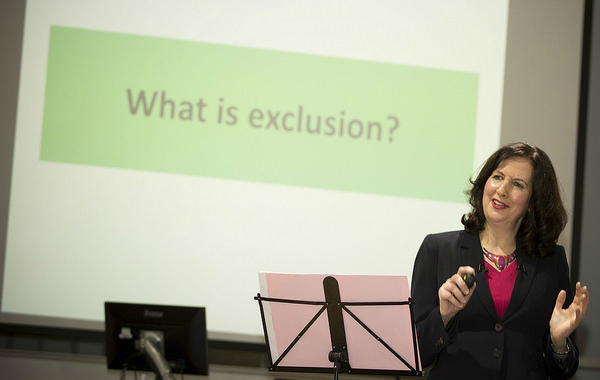
Jane reflects why so many of us find it so difficult to ask for the help we need, and on her experience working with a team of support workers.
Is it just me or did 2023 get a bit too busy?
You know that tipping point between ‘interesting busy’ and ‘oh-no-I-can’t-do-all-this-in-time busy’?
I have the feeling this year that we are all spreading ourselves more thinly, taking on bigger commitments from a wider range of sources. And it can feel stressful when there ends up being no breathing space in our schedules.
Couldn’t we all do with a little help?
Are you good at asking for help?
How does it make you feel when you ask?
Are you calm? Or do you cringe and feel you are putting the other person out?
If you resist asking for help, have you ever asked yourself why?
In our workshops we regularly discuss this. You might be surprised how difficult most people find it to ask for help. Many of us believe we must go it alone. Admitting we need help somehow feels wrong or shows weakness. And among our clients who live with disabilities, the determination not to ask is often greater. It is almost as if through already being ‘trickier’ (we may feel), we have used up our annoyance quota among our colleagues. Does that ring a bell with any of you reading this?
I get help almost every day. Because I work with a huge range of people in workshops, coaching sessions and external meetings, I need full audio access. Lipspeakers with additional sign provide me with this. They are superb –skilled, ethical, discreet professionals who are also wonderful human beings. I feel privileged to work with my freelance team. It is a joy to do so.
It also means extra work. Plans and arrangements have to be choreographed carefully. I am lucky that I get support to arrange my support, but working this way means constantly considering a range of factors on top of the ‘day job’. It’s ‘meta work’ which takes extra time. And it tends to go unseen by those who don’t need to undertake it. Factors such as time, location, experience and cost all have to be considered. Changes to arrangements and cancellations, especially made at short notice, can pile on the pressure – and the stress. I am privileged and feel daily gratitude that I receive an Access to Work grant to pay for my support. And as with all rights, there are responsibilities. I have to ensure the grant budget is used effectively. It’s another layer of meta-work which has to be fitted in. You can sometimes feel less agile. Occasionally you may feel you are a burden. The behaviour and responses of those around you tend to influence this most.
If all this make you feel relieved that you don’t have to ask for help on a regular basis, please stay with me! There is a remarkable upside to requiring professional support which is rarely explored:
- You are never alone. There is another compassionate and supportive human being around. While their role is communication support, their presence can be hugely beneficial, calming and positive.
- The discipline required to arrange and use support can help you to be better organised and take time management seriously. Because you have to do it, you get better at it basically.
- Using support can bring a greater sense of occasion to meetings and events. The slight increase in formality can sometimes be a bonus and also help build rapport in new conversations.
- Having support means you can never forget your humanity or your humility. John Donne famously wrote ‘No man is an island’ but in our busy-ness and determination to do everything ourselves, we can sometimes lose sight of this wisdom.
One more question: when someone asks you for help, how do you tend to respond? If, as I suspect, your answer is ‘I usually say yes’, why are you not prepared to accept that others may be perfectly willing to help you?
I cannot finish this blog without mentioning coaching. It was what enabled me to survive and then thrive during the darkest and toughest times of my life. It is one of the best types of help you can get. If you have never tried and are intrigued, let’s talk.